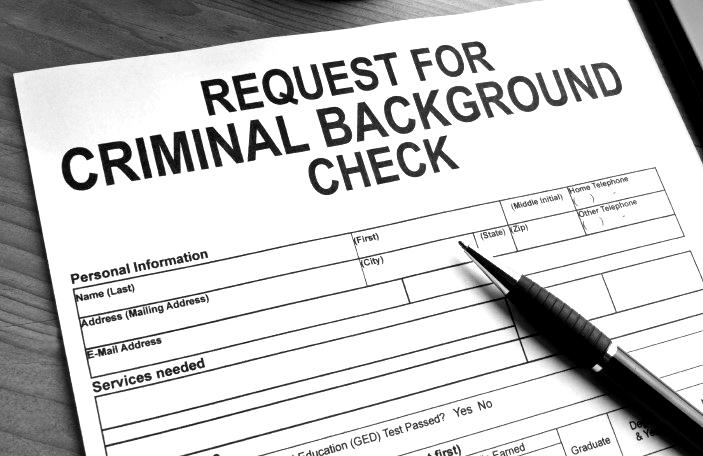CRIMINAL CHARGES, CONVICTIONS AND CHECKS
Criminal Lawyers in Toronto, Ontario, and all across Canada, would agree that their clientele does not solely consist of the stereotypical seasoned career criminals. In fact, many of our clients have been charged with a criminal offence for the first time; common offences include assault, domestic assault, theft under $5000, uttering threats and possession of a illegal substance.
Many of these first-time offences are resolved through a variety of dispositions including a withdrawal, stay of proceedings, absolute discharge, conditional discharge, and others. Regardless of how the matter is resolved, these clients are almost always concerned about whether or not they have a criminal record now.
If an accused person is convicted of an offence, the Canadian Police Information Centre (CPIC), which is managed by the Royal Canadian Mounted Police (RCMP), enters the information into its automated criminal convictions records system, and as a result, is accessible by police agencies all across Canada, as well as with law enforcement authorities in the United Stated of America and other countries.
A conviction is a finding of guilt beyond a reasonable doubt, whether a person pleads guilty or, is found guilty by a judge or jury. If the disposition ordered by the judge includes one or a combination of a discharge (absolute or conditional), suspended sentence, probation, fine, conditional sentence, or jail sentence, then the accused person is the owner of a brand new criminal record and has earned a spot in the CPIC database.
Furthermore, any run-ins or contact with the police may be recorded and stored in their own database for future use as an investigative tool. This type of information is commonly referred to as non-conviction information and may include records of contact with police, allegations, charges that have been withdrawn, acquittals, mental health apprehensions and much more. The decision to disclose non-conviction information via police record checks was previously made by each individual police agency in Ontario. Consequently, the lack of guidelines was responsible for many police agencies disclosing very sensitive information which had detrimental effects for many.
The law regarding what type of information could and could not be disclosed was unclear and Ontario needed a step in the right direction. The rights of individuals who have not been convicted of a criminal offence deserves greater protection.




